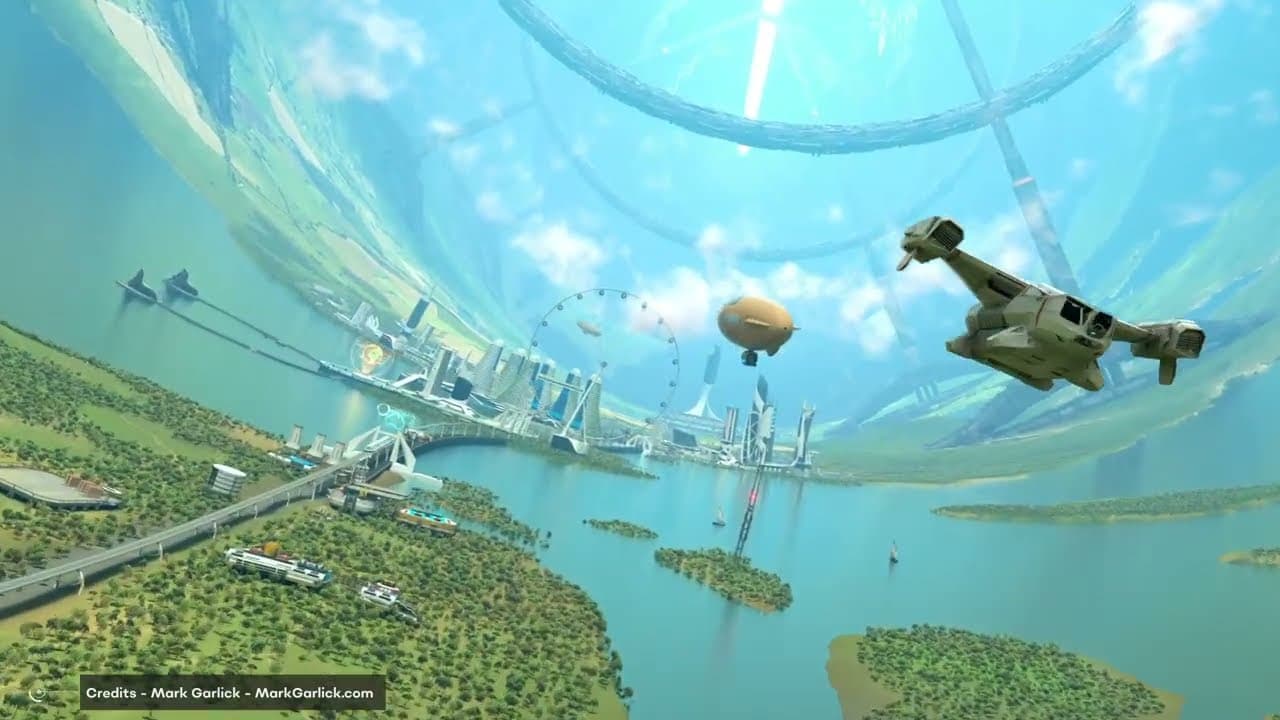As I peer into the vast unknown of the future, from today all the way to the year 3000, I'm struck by the mix of wonder and uncertainty that comes with predicting humanity's path—will we soar to new heights or face unforeseen perils?
TL;DR
I begin exploring how AI and tech changes will reshape society, leading to job losses and new social reforms by mid-century.
Humanity pushes into space, landing on Mars and detecting life on exoplanets, sparking global transformations and ethical debates.
By the 22nd century, fusion power and transhumanism emerge, creating advanced societies but widening social divides and raising questions about our future.
In the distant years, we achieve Type 2 civilization status with Dyson spheres, yet a profound loneliness persists despite cosmic expansions.
Throughout, environmental recovery and interstellar probes hint at both triumphs and the isolation that might define our legacy.
I remember starting this journey with a simple question: What lies ahead for our planet and its people? As I dive into the future, I acknowledge that no one truly knows what's coming—factors like wars or climate crises could alter everything—but I'll base my story on scientific trends and plausible scenarios, drawing from discoveries that drive change while the rest of us try to make sense of it all.
In the coming decades of this century, artificial intelligence stands out as the game-changer. I see AI already matching human skills in conversations by the 2020s, but by mid-century, it'll spark massive shifts, automating jobs and pushing for reforms like universal income to handle unemployment surges.

Demographic shifts will add pressure, with falling birth rates and longer lives creating imbalances between workers and retirees, while immigration debates intensify to fill labor gaps. I'll also touch on medical breakthroughs, like reversing aging, alongside milestones such as humans landing on Mars and detecting signs of life on distant exoplanets.
Key Milestones in the 2030s
Let me walk you through some pivotal events. In 2030, I imagine the Extremely Large Telescope becoming operational—its 39-meter mirror in the Chilean Andes will capture images of exoplanets, analyzing their atmospheres for water and organic molecules, far surpassing the James Webb Telescope's capabilities.
By 2031, the International Space Station's era ends as it's deorbited after decades of service, having advanced medicine, materials, and space tech while monitoring Earth. Then, in 2035, lab-grown meat takes off, offering cruelty-free options that use less water and energy, significantly cutting environmental impact.
The year 2036 marks a giant leap: humans land on Mars via the Humanity mission, staying for three months before returning, a feat delayed but triumphant. Global population hits 9 billion in 2037, reflecting rapid growth from historical lows, though predictions point to a peak at 11 billion by 2050 amid environmental strains.

Advancements in the Mid-Century
Moving forward, 2038 sees aviation accidents drop to zero thanks to safety tech, even as passenger numbers soar. By 2041, fusion power nears commercial use, with reactors overcoming challenges to produce gigawatts of energy sustainably.
Supercomputers in 2042 become a thousand times faster than in 2023, speeding up simulations of cosmic events like black holes. Then, 2045 brings the technological singularity, where AI surpasses human intelligence, guiding decisions and integrating robots into everyday life, from homes to governments.
In 2049, we establish a permanent lunar base, a global hub evolving from U.S.-led efforts, boosting space commercialization. The 2050s reveal life on an exoplanet in 2051, thanks to AI and powerful telescopes, and by 2067, antimatter-powered spacecraft enable quick trips to Jupiter, revolutionizing space travel.

Into the 22nd Century and Beyond
As we enter the 22nd century, autonomous vehicles dominate by 2080, making roads safer with AI-driven systems. Religion fades in Europe by 2090, with non-believers rising sharply, while Mars terraforming discussions heat up, pondering control of its resources.
By 2130, transhumanism takes hold, with implants enhancing bodies and minds, leading to new social classes. The 2132 Olympics spark controversy over enhanced athletes, and in 2137, a space elevator opens, slashing costs for orbital travel through AI-managed operations.
Lunar settlements multiply by 2170, with independence movements rising, and cities in 2180 become ultra-clean, automated havens with self-repairing materials and wireless tech. The 23rd century brings virtual realities that offer digital immortality, merging minds with advanced networks.
Deep space missions in 2230 reach nearby stars at relativistic speeds, and by 2310, Earth becomes a Type 1 civilization, harnessing all planetary energy. The 2320s see a solar system gold rush with asteroid mining and Mars projects, though terraforming is abandoned by 2500 in favor of domes for cyborg colonists.
Environmental recovery, like plastic cleanup in 2600, finally heals the planet, but silent probes in 2800 yield no extraterrestrial contact. By 3100, as a Type 2 civilization, humanity builds a Dyson sphere around the Sun, creating vast artificial habitats, yet a deep loneliness endures amid our cosmic achievements.
Reflecting on this journey, I see how technological leaps propel us forward, but they also underscore the enduring human quest for connection in an expanding universe, leaving us to ponder what true progress really means for our isolated species.
Key Takeaways
AI and automation will transform jobs and society in the coming decades, necessitating new economic systems.
Space exploration milestones, from Mars landings to exoplanet discoveries, highlight humanity's outward expansion.
Advancements like fusion power and transhumanism create ethical challenges and new social divides.
Long-term developments lead to a Type 2 civilization, with environmental recovery and cosmic structures, yet persistent isolation.

